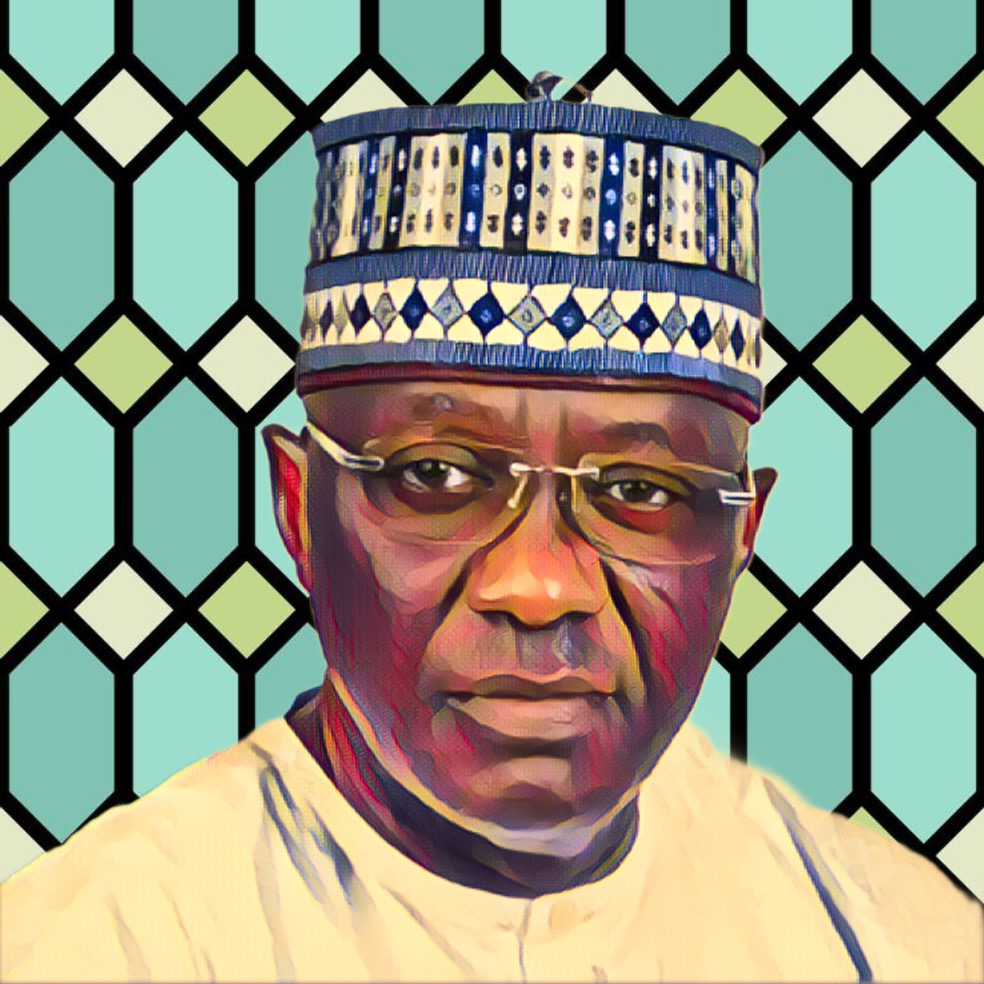KEY POINTS
- Nigeria’s federal government is launching a plan to address urban refugees’ challenges through housing, vocational training, and improved service access.
- Refugees are encouraged to relocate to Keffi’s refurbished resettlement city, offering free accommodation, schools, and clinics for stability.
- Vocational training in high-demand fields empowers refugees with critical skills for economic independence and sustainable livelihoods.
Nigeria’s Federal Government has unveiled a comprehensive initiative to support urban refugees and asylum seekers in Abuja, aiming to ease their challenges while fostering economic self-reliance.
The announcement, made by Tijani Ahmed, Federal Commissioner of the National Commission for Refugees, Migrants, and Internally Displaced Persons (NCFRMI), highlights a multi-pronged approach to housing, vocational training, and improved access to services.
Addressing refugee hardships in urban areas
Ahmed, speaking at a stakeholder meeting in Abuja, emphasized the initiative’s focus on sustainable livelihoods. Beyond housing, the government plans to offer vocational training in high-demand fields such as agriculture and mobile phone repairs, equipping refugees with critical skills for economic independence.
Refugees in Abuja, hailing from nations like Cameroon, Chad, Niger, the Democratic Republic of Congo, and South Africa, have raised concerns about significant hurdles, including limited access to healthcare, financial constraints, and discrimination.
Many struggle to afford housing in the capital, a challenge exacerbated by a lack of formal documentation and steady income.
Keffi: A sustainable alternative for refugees
In response, the Federal Government has refurbished the Internally Displaced Persons (IDP) resettlement city in Keffi, Nasarawa State, approximately 60 kilometers from Abuja. The facility offers a range of amenities, including free accommodation, schools, clinics, markets, and security infrastructure.
“The camp provides not just housing but a holistic solution for stability and growth,” Ahmed noted. He encouraged refugees to consider relocating to Keffi, describing it as a safer and more affordable alternative to Abuja. He also revealed plans to collaborate with local law enforcement to enhance security within the camp, ensuring it remains a safe haven for its residents.
Promoting self-reliance through targeted interventions
This initiative, as reported by The Nation, underscores Nigeria’s commitment to addressing urban displacement challenges while empowering refugees to achieve self-sufficiency. By combining housing support with vocational training and access to essential services, the government aims to create a sustainable model for integrating refugees into society.
With this bold strategy, Nigeria seeks not only to alleviate immediate hardships but also to offer a pathway to stability and dignity for those displaced by conflict and economic hardships.


